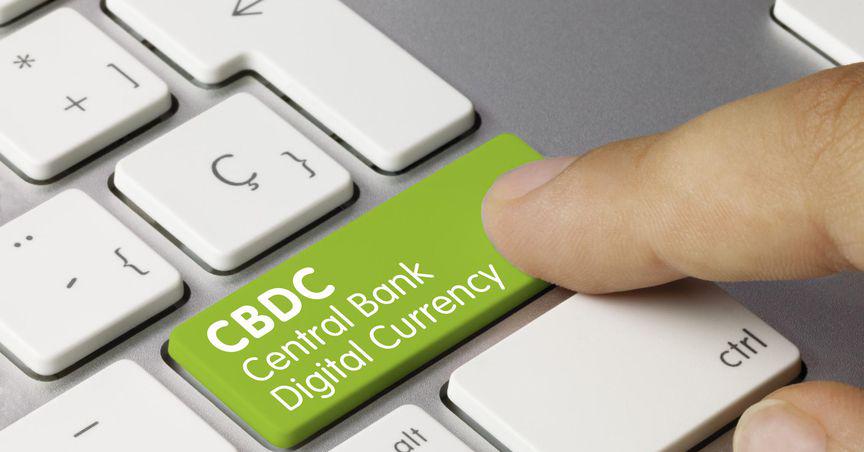Highlights
- EU Commissioner Paolo Gentiloni feels the CBDCs need to be regulated as well.
- Gentiloni argues that its primary objective should be to avoid the risks of infringement of sovereignty.
The crypto market, especially this year, has hogged the limelight for all the wrong reasons. Earlier this year, the Terra Luna collapse pushed the overall market cap to under US$1 trillion.
Now in the latest fiasco, the world's third largest exchange, FTX, has been brought to its knees with a near-collapse scenario. On 8 November, FTX struck a bailout deal with Binance after a withdrawal surge. A few eyebrows are now being raised with concerns about FTX's financial health, resulting in US$6 billion in withdrawals in just three days.
Such regular incidents have left regulators developing cold feet, urging a stringent regulatory law to keep such incidents in check. Therefore, it was not a surprise to see that EU Commissioner Paolo Gentiloni has been voicing his views on regulating CBDCs as well.
What are CBDCs?
Central Bank Digital Currencies (CBDC) are digital tokens that Central Bank issues. Pegged to the value of the country's fiat currency, the CBDCs are still in progress in most countries.
Although many countries, such as Nigeria, Sweden, The Bahamas, etc., have already adopted CBDC, in countries such as the US, South Korea, and India, it is still in the trial phase. CBDCs are largely dubbed as the legal tender used for cross-border payment.
Avoiding risks of infringement
As CBDCs may eventually be used for various cross-border payments, Gentiloni argues that its primary objective should be to avoid the risks of infringement of sovereignty. Even though still in its nascent stage, the EU nations are working towards a digital version of the digital euro for cross-border payments.
Gentiloni added that it is here the possibility of agreements with another jurisdiction will play a critical role. Many policymakers feel easy access to the digital euro may undermine its currency. However, the International Monetary Fund (IMF) feels that CBDCs may help the nations clear the red tape and ease cross-border payments.
Conclusion
All in all, with the majority of the nations gunning for regulations, it won't be surprising to see its development sooner than later. The EU regions have already collaborated and passed the Markets in Crypto Assets (MiCA) bill, giving the world a template for the crypto regulations.
Risk Disclosure: Trading in cryptocurrencies involves high risks including the risk of losing some, or all, of your investment amount, and may not be suitable for all investors. Prices of cryptocurrencies are extremely volatile and may be affected by external factors such as financial, regulatory, or political events. The laws that apply to crypto products (and how a particular crypto product is regulated) may change. Before deciding to trade in financial instrument or cryptocurrencies you should be fully informed of the risks and costs associated with trading in the financial markets, carefully consider your investment objectives, level of experience, and risk appetite, and seek professional advice where needed. Kalkine Media cannot and does not represent or guarantee that any of the information/data available here is accurate, reliable, current, complete or appropriate for your needs. Kalkine Media will not accept liability for any loss or damage as a result of your trading or your reliance on the information shared on this website.






